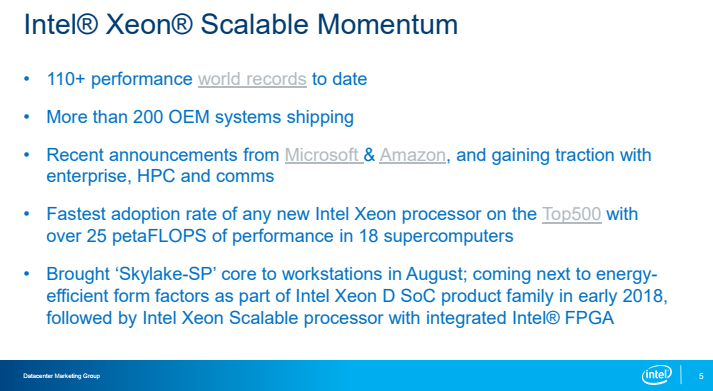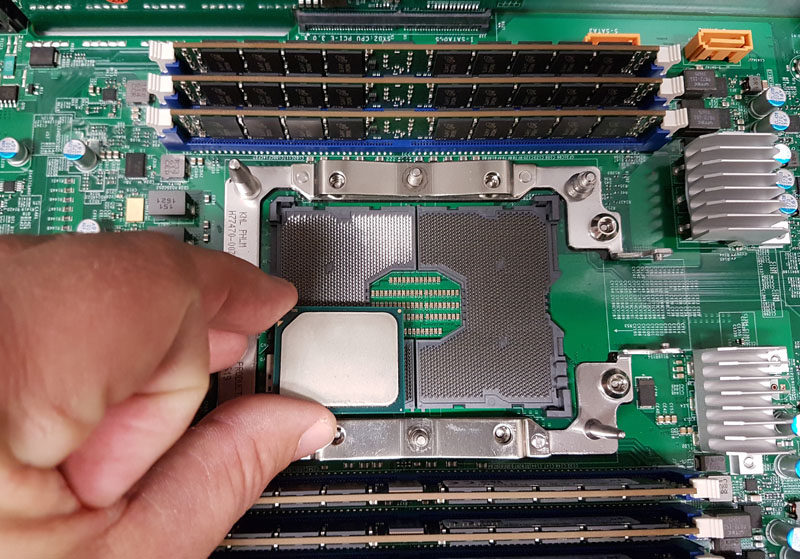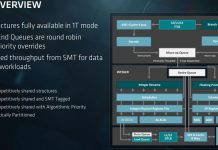As part of the Intel Xeon Scalable v. AMD EPYC internal numbers that Intel has given to publications, there is a solid nugget of other news. Intel is confirming the Skylake based Xeon D CPU in early 2018. We take “early” to mean that we will see the new Skylake Xeon D SoC in Q1 2018.
Intel Confirms Skylake Xeon D in Early 2018
Here is the slide from the presentation that Intel shared confirming that the new Xeon D will launch in 2018.

If you read that last bullet “…coming to energy-efficient form factors as part of Intel Xeon D SoC product family in early 2018…” Usually, Intel gives guidance which says “first half” of 2018 if it is a Q2 launch. Early 2018 indicates an internal target of Q1 2018. However, by not simply stating Q1 2018, Intel leaves itself room for additional schedule slip which has become common on embedded parts. For example, the Intel Atom C3000 series codenamed “Denverton” was pushed almost a year, likely due to fixing the Intel Atom C2000 series bug.
What a Q1 2018 Skylake Xeon D launch means
The idea of a Skylake Xeon D launch in Q1 does not necessarily mean that you can buy a motherboard with the SoC in Q1. Generally, with embedded parts, we see the “launch” mean launch to retail/ OEM manufacturers. It then can take several weeks for systems to be updated and available for purchase in the channel.
If you are a large customer of the Intel Xeon D, you likely will have access before the launch or have customized parts available on your customer specific timetable. We would not be surprised to see smaller customers more in the Q2 timeframe.
Why Intel needs a Skylake Xeon D update
For many customers, especially those looking at large edge deployments and hyper-scale style deployments, Intel needs to get the Skylake Xeon D out sooner rather than later. We have heard it suggested that the 16 core Atom C3955 is the replacement, but this is not the case. Intel needs the Skylake Xeon D part to have a unified ISA between its mainstream Xeon and SoC products. That allows for things like live migrations of VMs. More importantly, it also allows companies to optimize binaries for caches and instruction sets and run them across embedded and mainstream servers.
Final Words
Like with the Broadwell-DE launch, expect comprehensive of Intel Xeon D Skylake edition coverage on STH.





Does anyone think Intel will include QuickAssist in Skylake-D similar to the Atom C3xxx family?
Someone (maybe STH?) was talking about testing QuickAssist with ZFS, so it may be something I try to use in the future…
@Eddie: yes, I would say so.